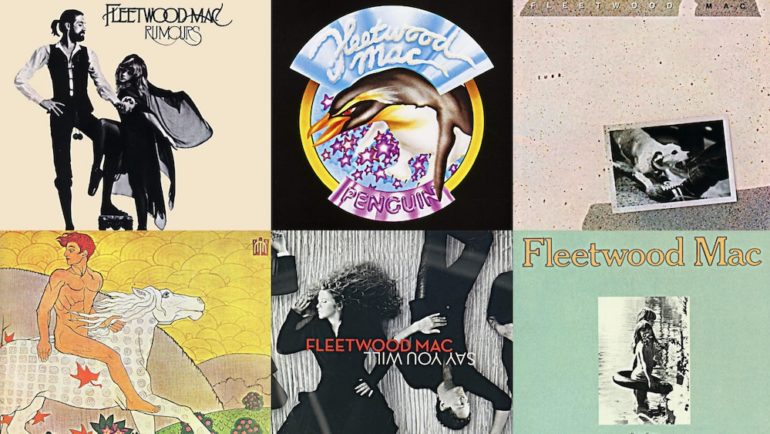Fleetwood Mac’s story is an intricate tapestry of musical innovation, emotional intensity, and relentless evolution. From the bluesy foundation laid by Peter Green to the chart-topping era dominated by the magnetism of Lindsey Buckingham and Stevie Nicks, their albums are more than mere collections of songs; they are vivid narratives of personal and professional transformation.
The steadfast rhythm section of Mick Fleetwood and John McVie, integral to the band’s consistency, navigated Fleetwood Mac through an ever-changing sea of collaborators, ensuring their presence in the hit parade across decades.
This band didn’t just ride the waves of rock; they were the alchemists, blending Buckingham’s spindly creativity and Green’s blues-infused hardness with Nicks’ mystical allure and Christine McVie’s pop sensibilities. They struck a balance, resonating with both the rock purist and the dreamer, weaving their personal dramas and onstage charisma into a spellbinding saga.
Their journey, marred by tumultuous relationships and personal struggles, seemed unlikely to foster such exceptional creativity. Yet, the group emerged as a perfect storm for FM radio, encapsulating an era’s spirit and exceeding expectations.
The following exploration into Fleetwood Mac’s discography, ranked from the underappreciated to the universally acclaimed, is not just a list. It’s a tribute to a band that, against all odds, turned personal chaos into a legacy of timeless music.
17: ‘Time’ (1995)
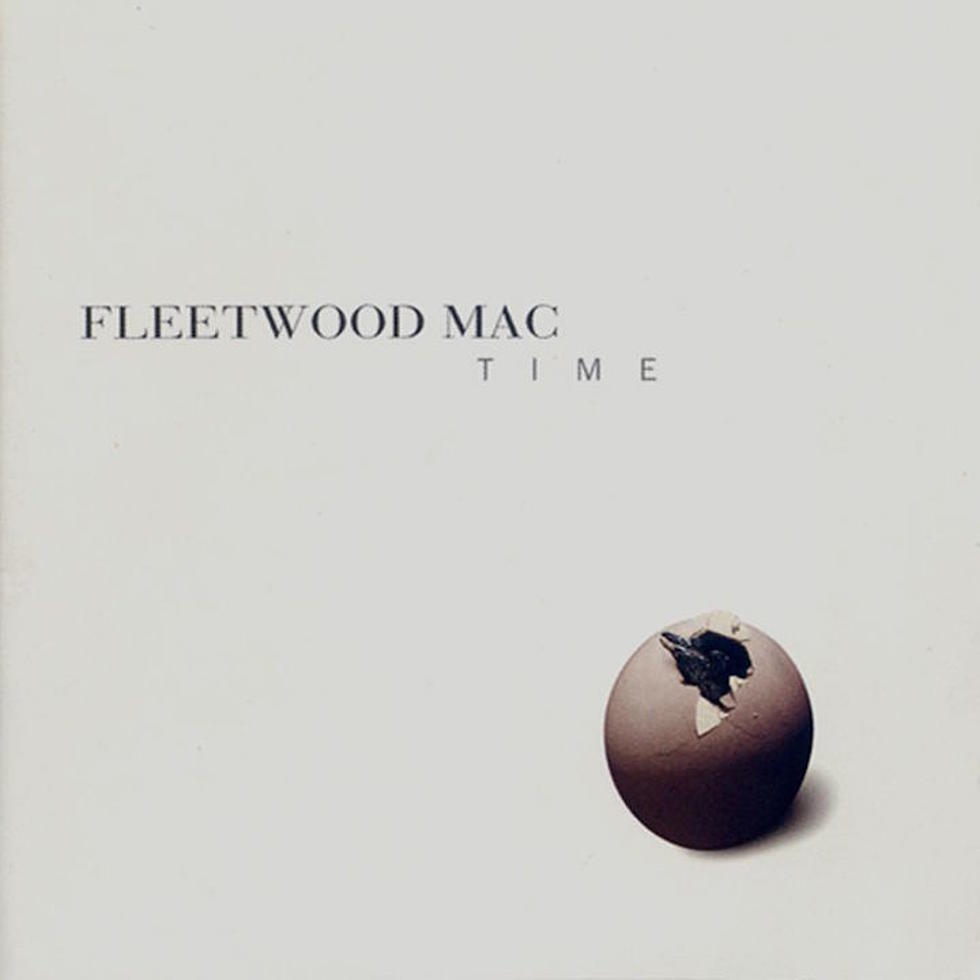
Time marks a notable departure in Fleetwood Mac’s journey, presenting an album without the iconic presence of Stevie Nicks and Lindsey Buckingham for the first time since the early 70s. This change brought about a distinct shift in the band’s sound and dynamics, leaning more towards a pop-rock blend that struggled to resonate with the audience in the same way as their previous work. The album speaks to a phase of exploration and uncertainty, capturing a band in transition.
Despite the album’s overall mixed reception and a sense of missing identity, Christine McVie’s contributions stand out, offering a touch of the familiar Fleetwood Mac charm. The album is an intriguing listen for those interested in the band’s evolution and the exploration of new musical territories in the absence of Nicks and Buckingham.
Must-Listen Track: “I Do”
You Might Like: Take A Look Into Mick Fleetwood’s Net Worth
16: ‘Future Games’ (1971)
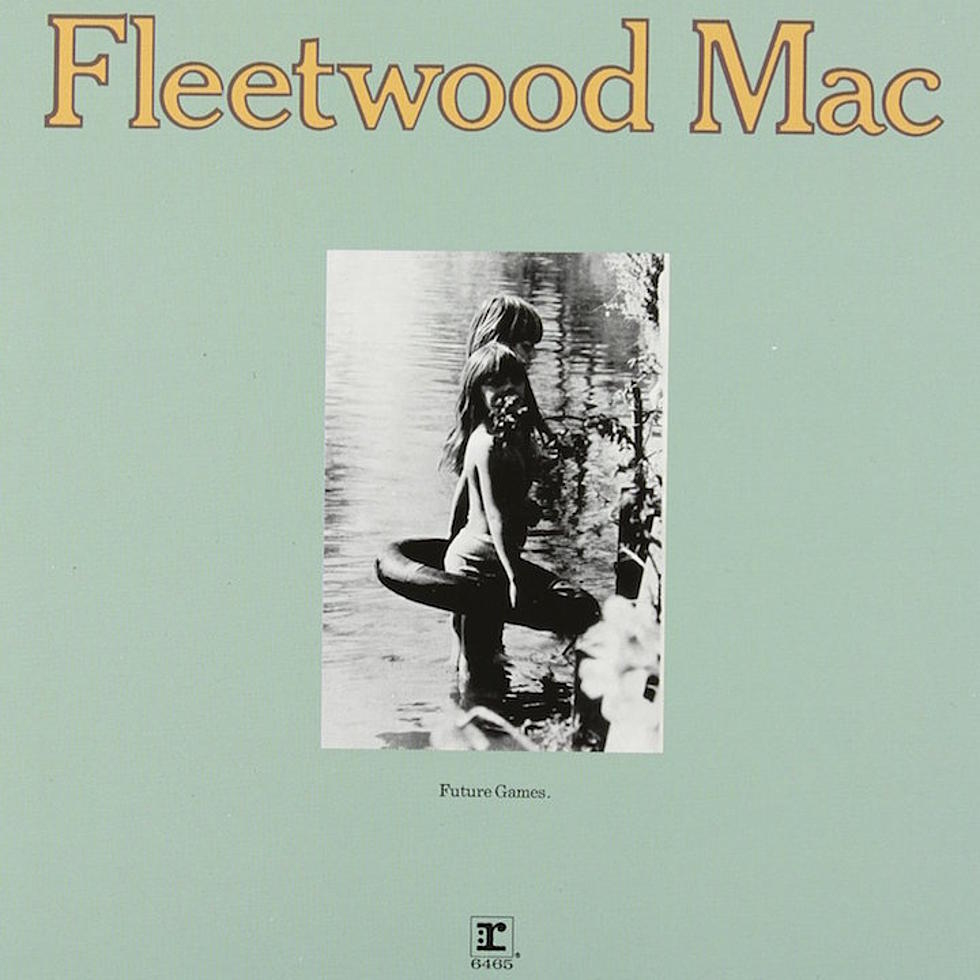
Future Games represents a significant shift in Fleetwood Mac’s musical direction, moving away from their blues roots towards a softer, more progressive rock sound. The album is marked by Danny Kirwan’s increasing influence, introducing a more mellow and experimental tone. This change signifies the band’s willingness to evolve and experiment with new styles, paving the way for their later successes.
The album also marks the entrance of Bob Welch, adding a new dimension to the band’s evolving sound. Despite its departure from the band’s earlier blues influence, Future Games offers a fascinating insight into the band’s transitional phase, exploring new musical landscapes and laying the groundwork for future explorations.
Must-Listen Track: “Sands of Time”
15: ‘Behind the Mask’ (1990)
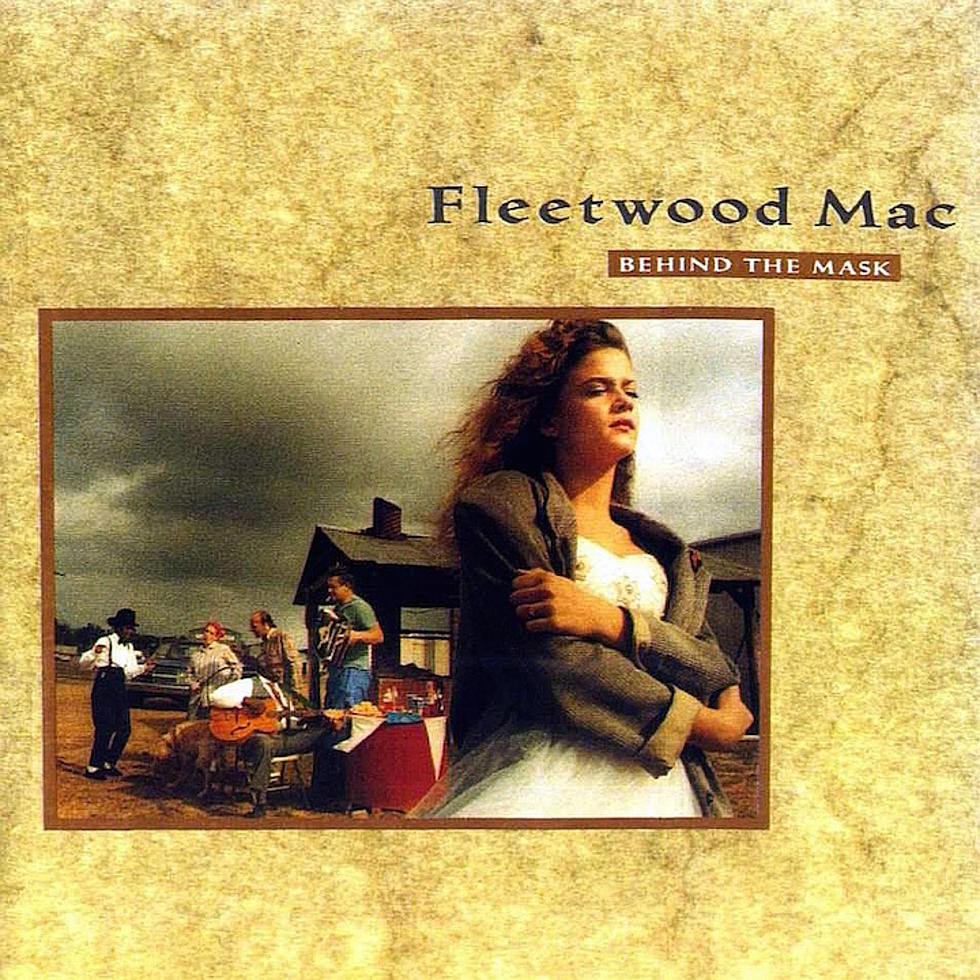
Released in the dawn of the 90s, “Behind the Mask” marks a transitional phase in Fleetwood Mac’s storied journey. This album, the first without Lindsey Buckingham since his joining in 1975, introduces guitarists Billy Burnette and Rick Vito, steering the band towards a slightly different musical direction. It’s a blend of classic Fleetwood Mac harmonies and a fresh take on their sound, reflective of the band’s ability to evolve and adapt.
The album, while not reaching the commercial heights of its predecessors, still offers a unique window into the band’s evolution. It’s a testament to Fleetwood Mac’s resilience, showcasing their ability to navigate changes in lineup and musical trends.
Must-Listen Track: “Save Me”
14:’Kiln House’ (1970)
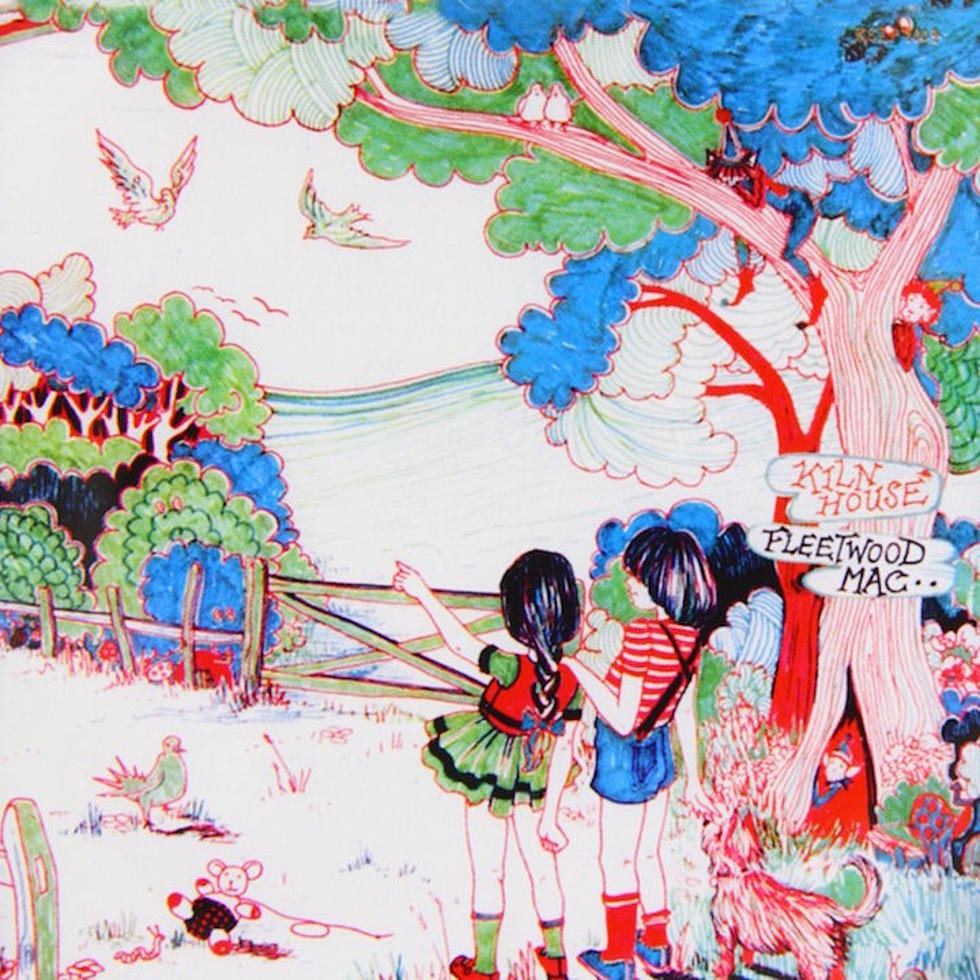
“Kiln House” represents a pivotal moment in Fleetwood Mac’s early history, bridging the gap between the Peter Green-led blues era and the future Buckingham/Nicks pop-rock era. This album is the first after the departure of Peter Green, showcasing a shift in the band’s musical style. It features a mix of blues, rock, and a hint of the emerging country-rock sound, indicative of Jeremy Spencer’s influence.
This album marks an important step in Fleetwood Mac’s evolution, highlighting their versatility and ability to adapt to changes in their lineup and the broader musical landscape. “Kiln House” is often overshadowed by the band’s later success but is crucial for understanding their musical journey and evolution.
Must-Listen Track: “Station Man”
You Might Like: David Bowie’s Best Albums
13: ‘Bare Trees’ (1972)
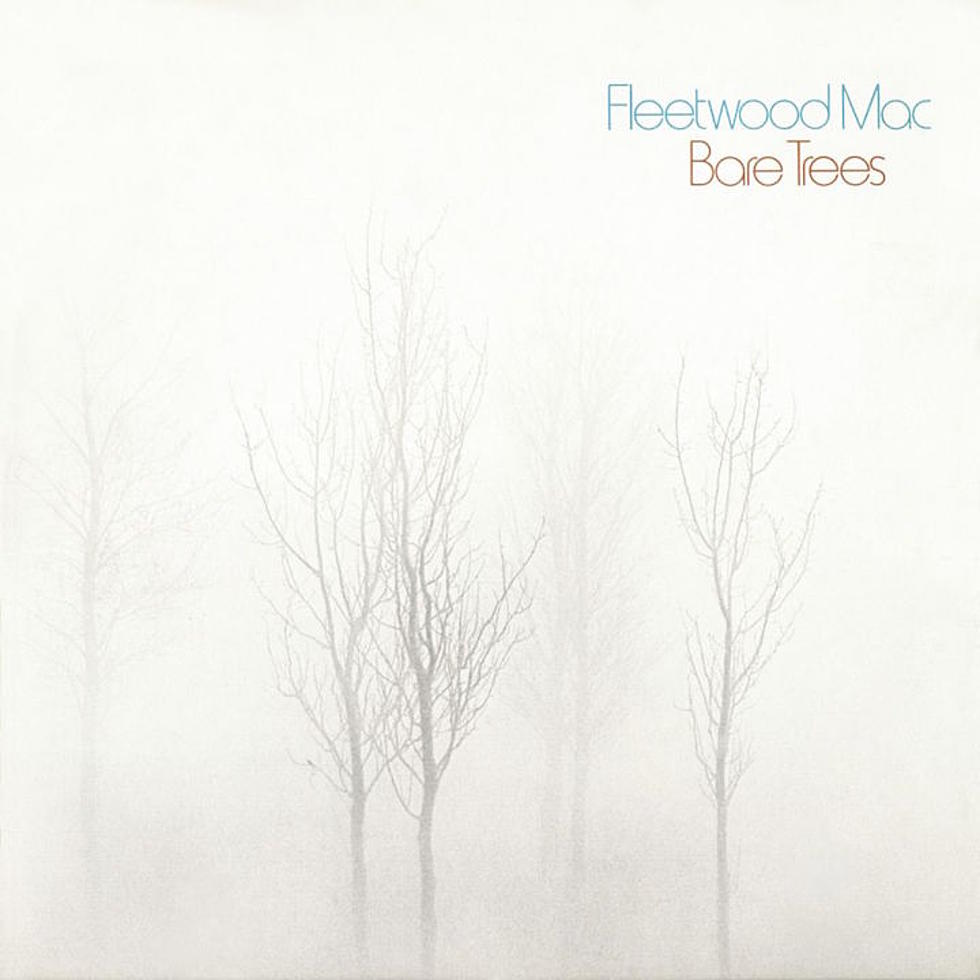
Bare Trees marks the end of an era for Fleetwood Mac, being the last album featuring Danny Kirwan. His departure signifies the closing of a chapter characterized by internal conflicts but also by significant musical growth. The album itself is a reflective, somewhat introspective work, showcasing the band’s maturing songwriting and increasingly polished sound.
The album’s mix of soft rock and introspective lyrics hints at the band’s future direction, moving away from their blues roots towards a more mainstream, pop-rock sound. Bare Trees stands as a critical point in the band’s evolution, bridging their early blues-influenced style with the more familiar sound that would bring them widespread fame in the coming years.
Must-Listen Track: “Sentimental Lady”
12: ‘Mr. Wonderful’ (1968)
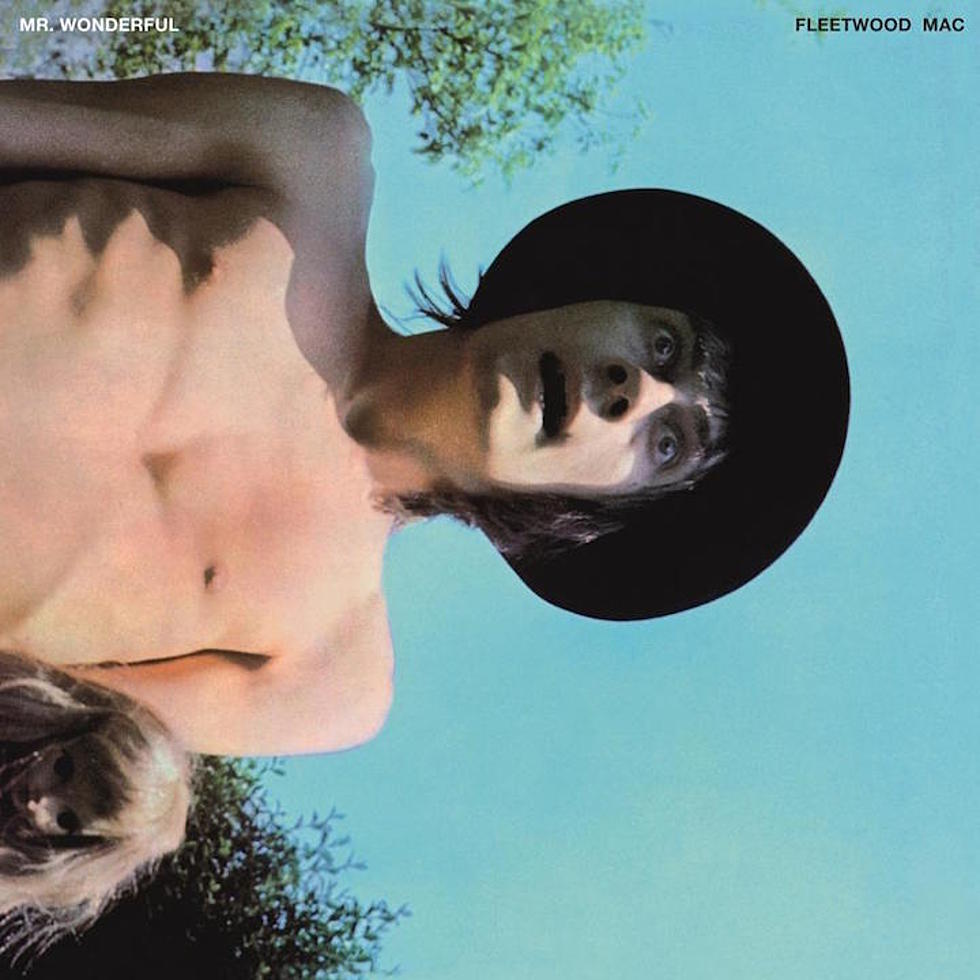
Mr. Wonderful, Fleetwood Mac’s second album, delves deeper into their blues roots, with a heavy emphasis on the influence of Elmore James. The album, however, struggles to build upon the success of their debut, often feeling like a retread of familiar territory. Despite this, it offers an important insight into the band’s early sound and their dedication to the blues genre.
While the album may lack the originality and diversity of their later work, it is an essential piece of Fleetwood Mac’s history, showcasing their deep connection to traditional blues and the foundational sounds that would influence their later, more diverse musical explorations.
Must-Listen Track: “Dust My Broom”
11: ‘Penguin’ (1973)
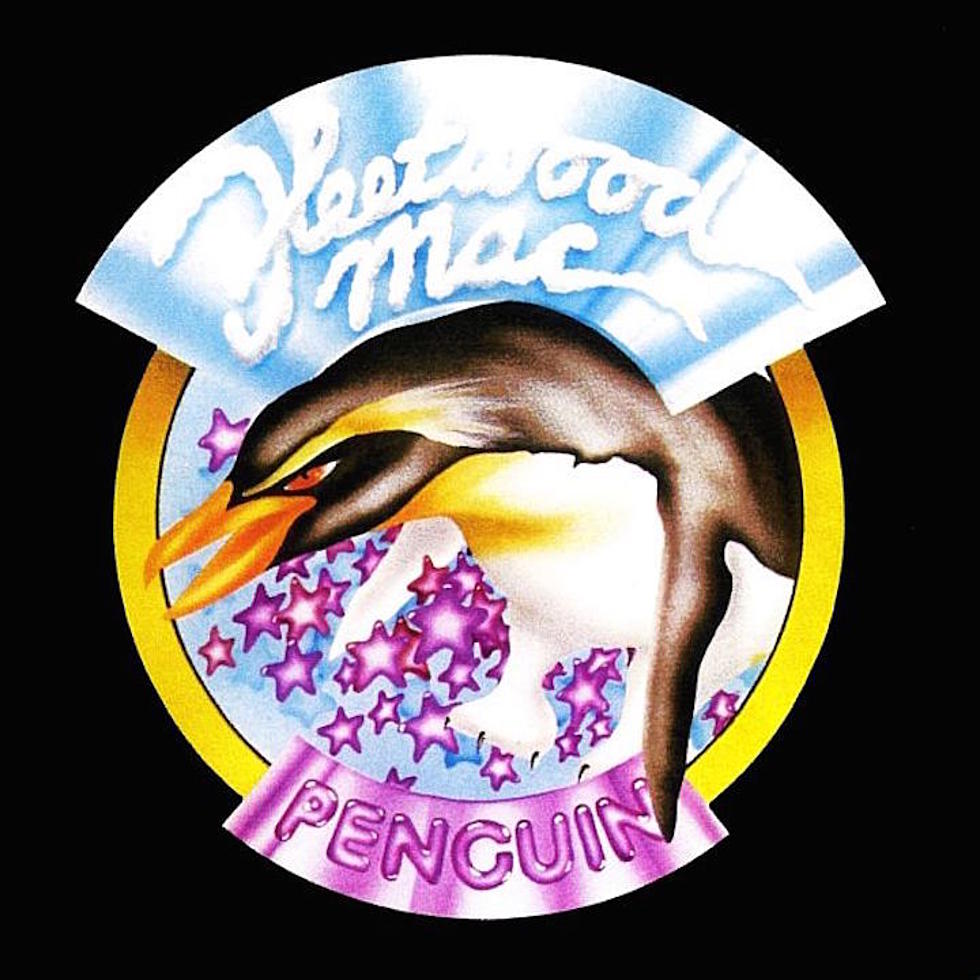
“Penguin,” released in 1973, is an album that often flies under the radar in Fleetwood Mac’s rich discography. This record marks another transitional phase for the band, being the first to feature Bob Weston on guitar and Dave Walker on vocals. The album’s title, inspired by the penguin tattoo on John McVie’s arm, signifies a period of change and experimentation for the band, as they continued to evolve away from their original blues roots.
“Penguin” showcases a variety of styles, from blues to soft rock, reflecting the diverse influences and talents within the band. While it didn’t achieve the commercial success of some of their other albums, it remains a fascinating snapshot of Fleetwood Mac’s ongoing evolution and their exploration of new musical territories.
Must-Listen Track: “Did You Ever Love Me”
You Might Like: We Dig Into Prince’s Best Albums
10: ‘Say You Will’ (2003)
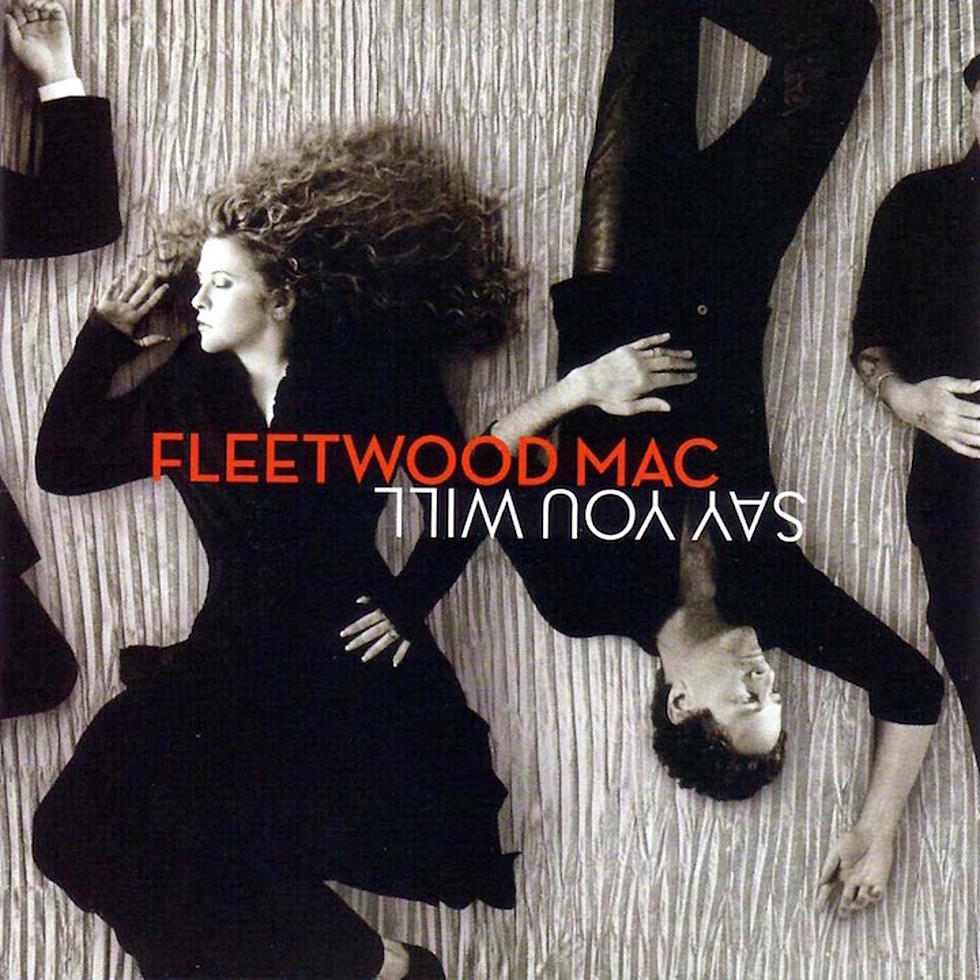
Say You Will emerged from what was initially a side project of Lindsey Buckingham and Stevie Nicks, resulting in an album that feels like a conversation between these two musical powerhouses. The absence of Christine McVie is palpable, leading to a collection of songs that, while showcasing the individual talents of Buckingham and Nicks, lack the full ensemble’s cohesive balance.
The album explores a variety of themes and styles, reflecting the band’s enduring creativity and willingness to experiment, even decades into their career. Say You Will represents Fleetwood Mac’s adaptability and the enduring chemistry between Buckingham and Nicks, even as it leaves listeners missing the full spectrum of the band’s classic sound.
Must-Listen Track: “Peacekeeper”
9: ‘Then Play On’ (1968)
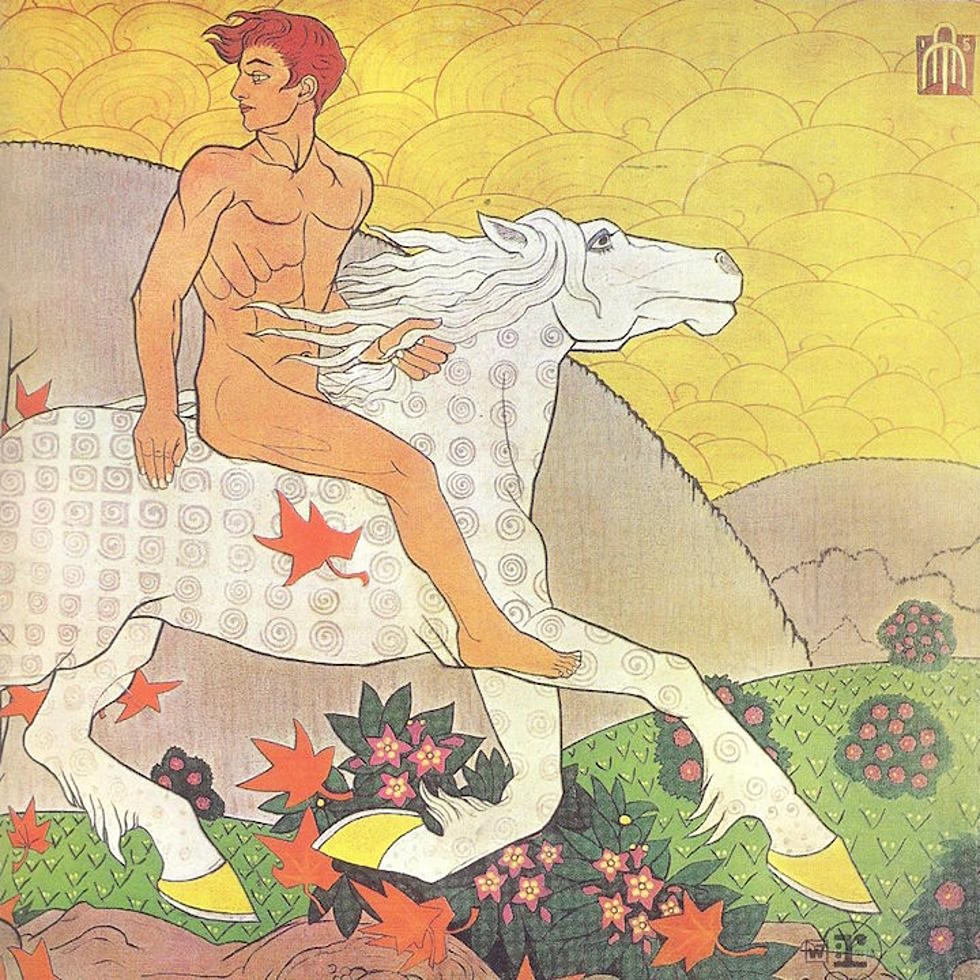
Then Play On represents a pivotal moment in Fleetwood Mac’s early history, showcasing a broader musical range and a deeper exploration into different genres. The addition of Danny Kirwan alongside Peter Green resulted in a more varied and complex sound, blending elements of blues, rock, and progressive styles. This album captures a band expanding its musical horizons and laying the groundwork for its future evolution.
The album’s diverse tracks reflect the creative synergy between Green and Kirwan, pushing the band beyond its blues roots. It’s an essential listen for understanding Fleetwood Mac’s early experimentation and the foundation of their later success.
Must-Listen Track: “Oh Well”
8: ‘Mystery to Me’ (1973)
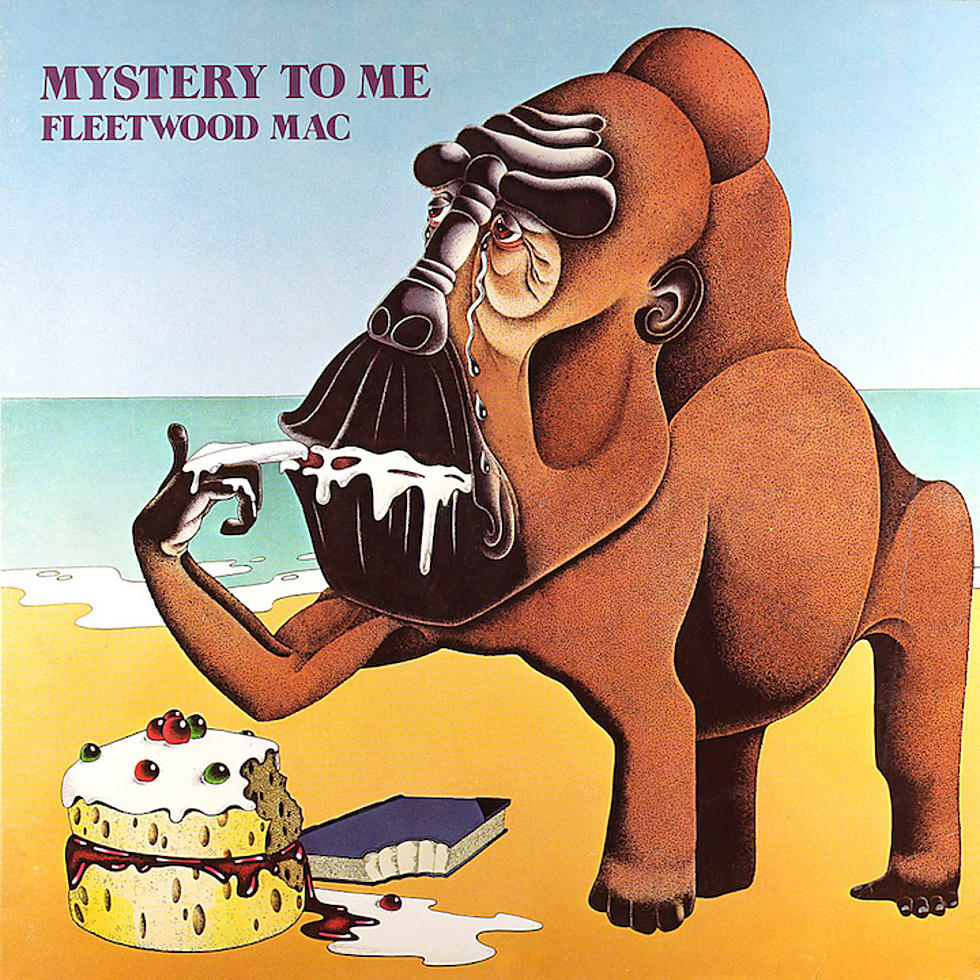
Mystery to Me is an album that showcases Fleetwood Mac’s increasing comfort with softer rock and pop elements, further distancing themselves from their blues origins. The album is marked by Bob Welch’s significant contributions, adding a dreamy, almost ethereal quality to the band’s sound. It’s an important step in their transition to the more mainstream, pop-oriented style they would later become famous for.
This album is a testament to the band’s evolving musical identity, exploring new sonic territories while maintaining the emotional depth and complexity that characterizes Fleetwood Mac’s music.
Must-Listen Track: “Hypnotized”
7: ‘Mirage’ (1982)
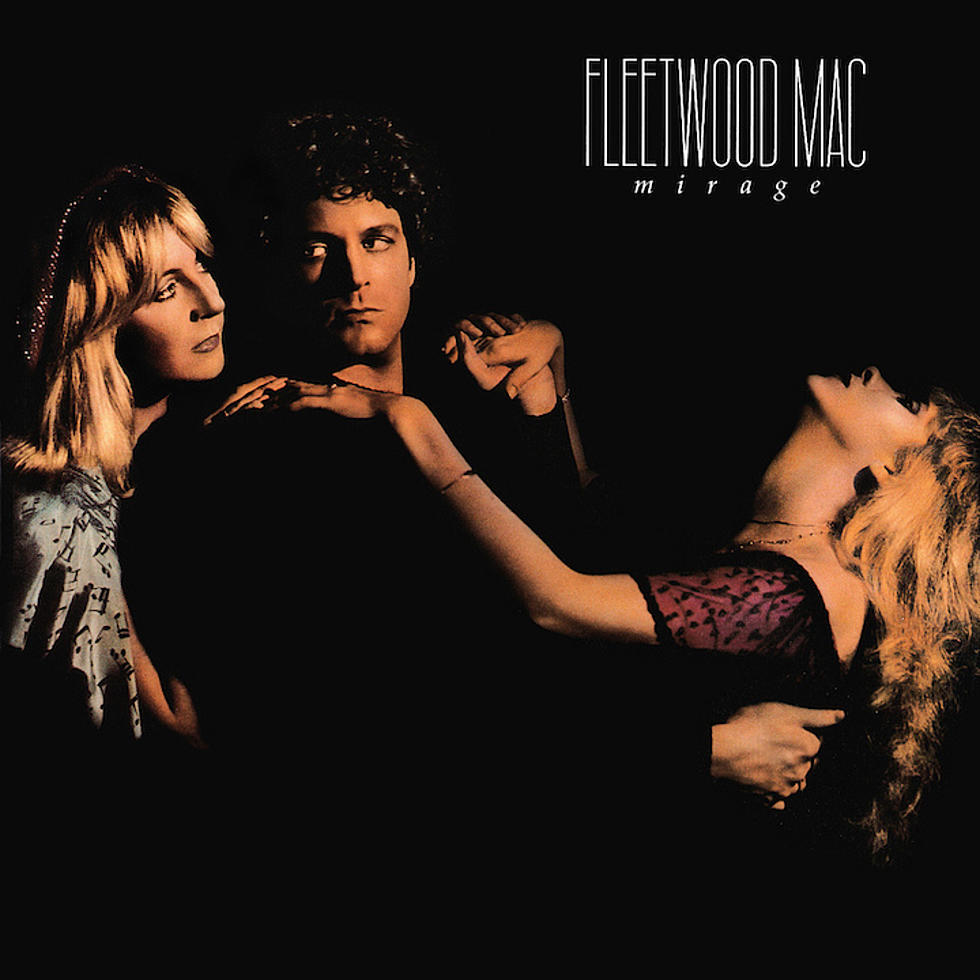
Following the experimental and expansive Tusk, Mirage is a return to the more familiar, polished pop-rock sound that Fleetwood Mac is known for. This album is characterized by its accessible, catchy tracks that hark back to the band’s massive success with Rumours. It’s a consolidation of the band’s signature style, offering a collection of songs that are both comforting and captivating.
Mirage stands as a reminder of Fleetwood Mac’s ability to craft pop-rock gems, combining catchy melodies with emotional depth. The album resonates with fans who appreciate the classic Fleetwood Mac sound, delivering a satisfying blend of nostalgia and timeless quality.
Must-Listen Track: “Gypsy”
You Might Like: We Count Down Van Halen’s Best Songs
6: ‘Heroes Are Hard to Find’ (1974)
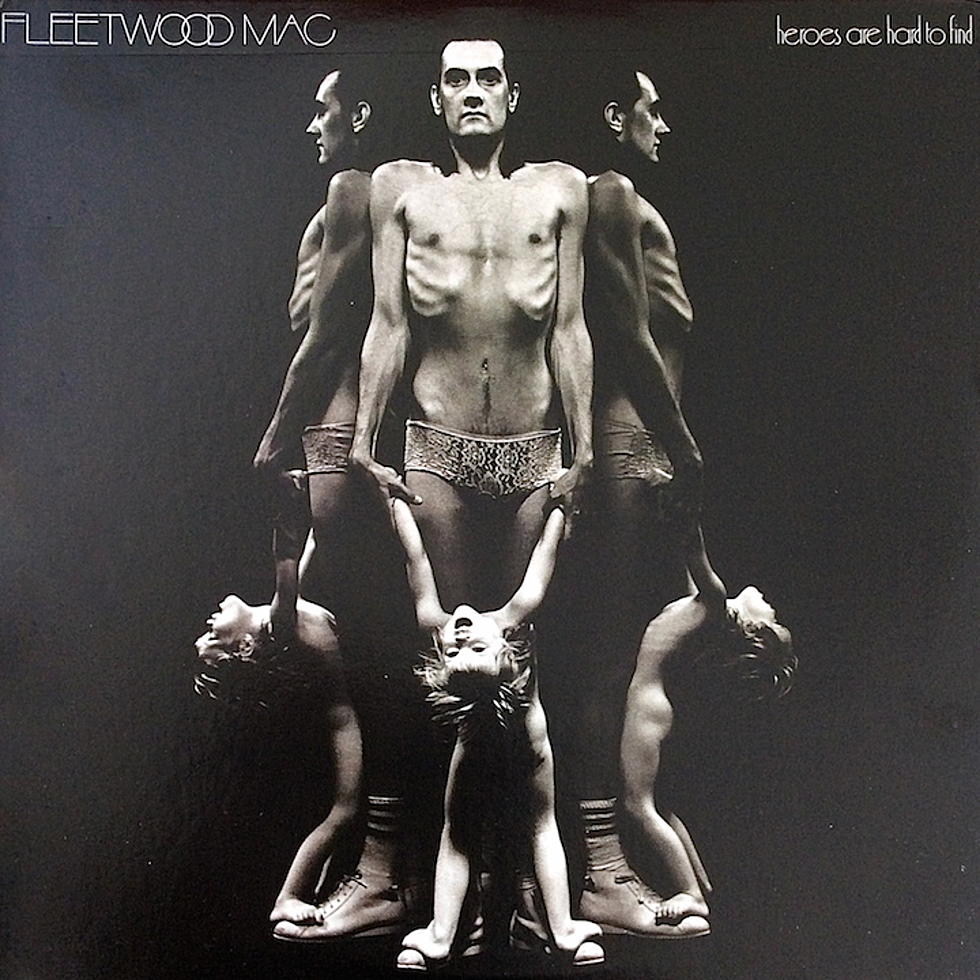
“Heroes Are Hard to Find” is an intriguing album that captures Fleetwood Mac during a period of transformation. As the last album featuring Bob Welch, it represents the end of an era for the band. The album is characterized by its eclectic mix of styles, ranging from the breezy pop of the title track to the more introspective and bluesy “Angel.” The diversity in songwriting showcases Welch’s versatility and artistic depth, providing a glimpse into what the band was capable of before the arrival of Buckingham and Nicks.
The album also hints at the soft rock direction Fleetwood Mac would eventually embrace. Songs like “Come a Little Bit Closer” and “She’s Changing Me” demonstrate the band’s ability to craft catchy, radio-friendly tunes, laying the groundwork for their future mainstream success. “Heroes Are Hard to Find” stands as an important, though often underrated, chapter in Fleetwood Mac’s history, showcasing their talent and adaptability.
Must-Listen Track: “Bermuda Triangle”
5: ‘Tango in the Night’ (1987)
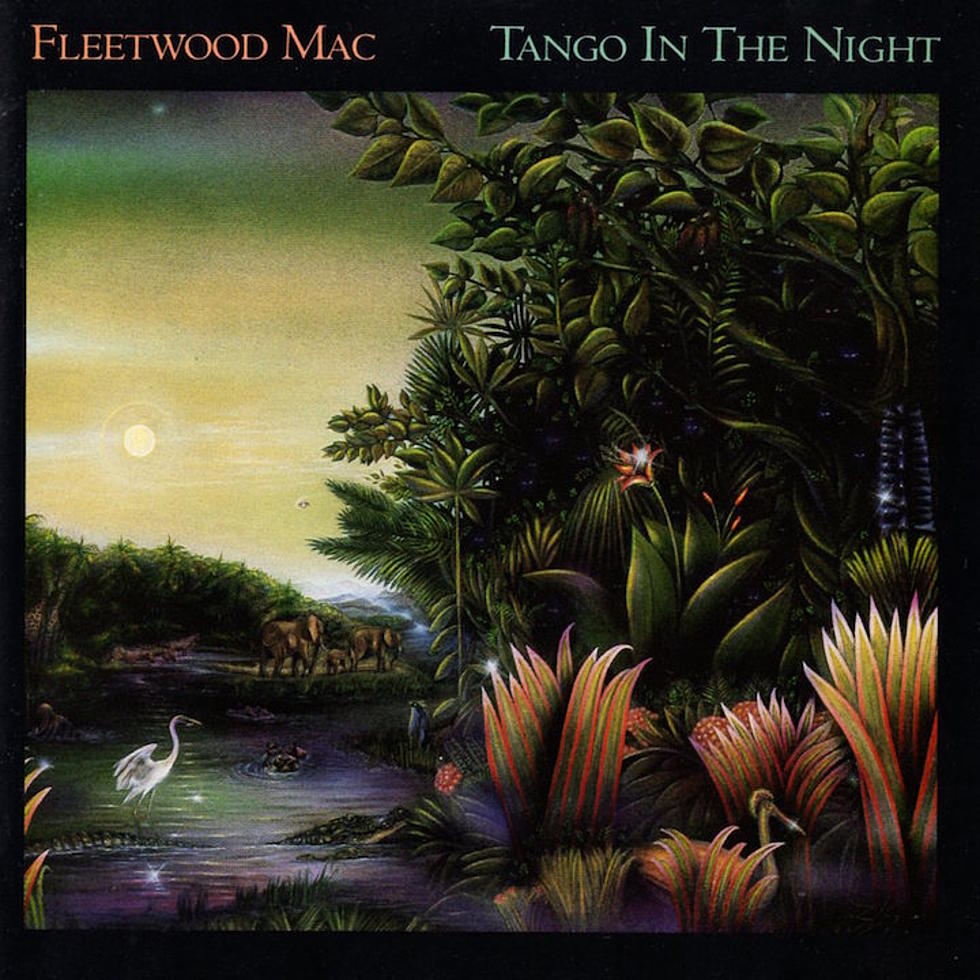
“Tango in the Night” is not just an album; it’s a vivid tapestry of 80s pop culture. It’s an album that radiates with the energy of its era, from the glossy production to the vibrant cover art. This record finds Fleetwood Mac at their most polished, with songs that are finely crafted and laden with synthesizers and electronic beats. It’s a far cry from the raw, emotional intensity of “Rumours,” yet it showcases a different aspect of the band’s musical genius.
The album is also notable for its behind-the-scenes tension, which arguably fueled the creative process. Songs like “Big Love” and “Seven Wonders” offer a perfect blend of catchy hooks and intricate layering, demonstrating Buckingham’s studio wizardry. Meanwhile, Stevie Nicks’ “Welcome to the Room… Sara” is a deeply personal track that adds depth to the album. “Tango in the Night” is a testament to Fleetwood Mac’s ability to reinvent themselves and remain relevant in the ever-changing music landscape.
Must-Listen Track: “Little Lies”
4: ‘Peter Green’s Fleetwood Mac’ (1968)
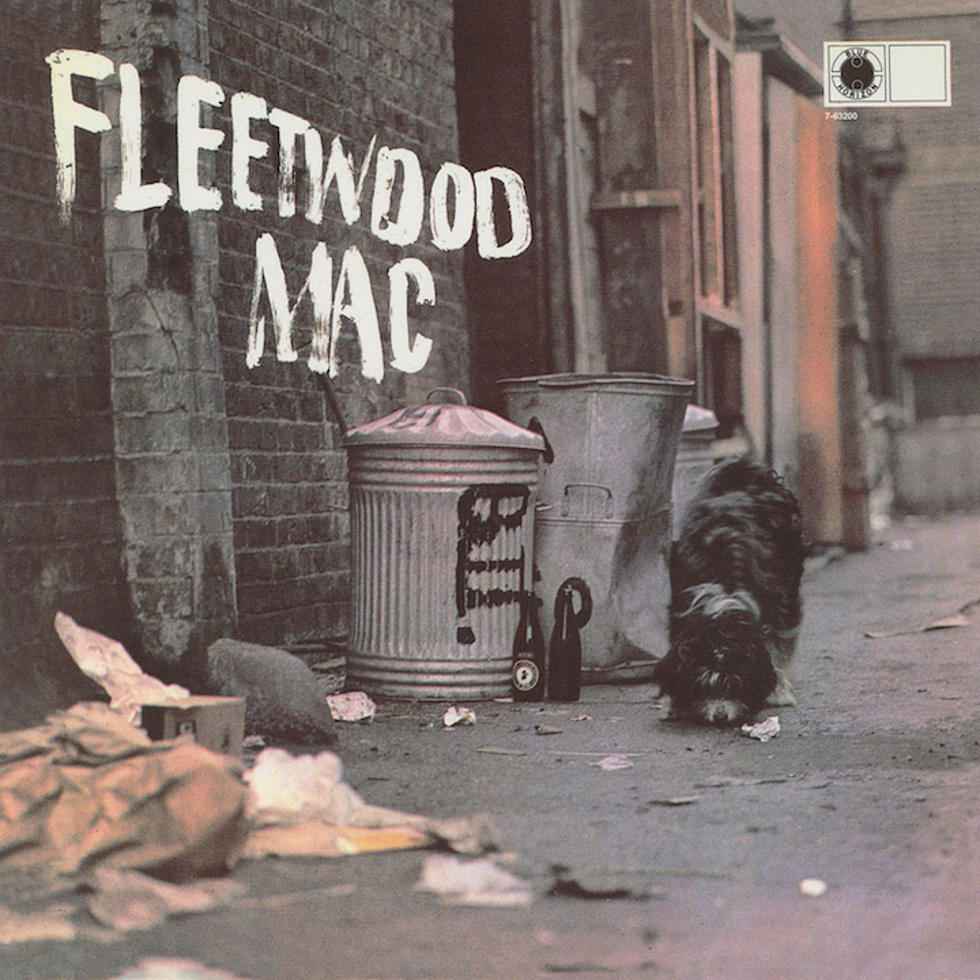
The debut album, “Peter Green’s Fleetwood Mac,” is a raw, unfiltered showcase of blues at its best. It’s an album that captures the spirit of the late 60s blues revival, with Green’s soulful guitar playing and emotive vocals leading the charge. The album is steeped in traditional blues while also hinting at the rock and roll edge that would later define the band. Tracks like “I Loved Another Woman” and “Long Grey Mare” are blues classics, demonstrating the band’s deep understanding and respect for the genre.
This album is significant not just for its musical content, but also for what it represents in the larger context of Fleetwood Mac’s history. It’s a snapshot of a band in its nascent stage, full of raw talent and potential. The influence of Green’s blues mastery would echo throughout the band’s later work, making this album a crucial piece of the Fleetwood Mac puzzle.
Must-Listen Track: “Black Magic Woman”
3: ‘Fleetwood Mac’ (1975)
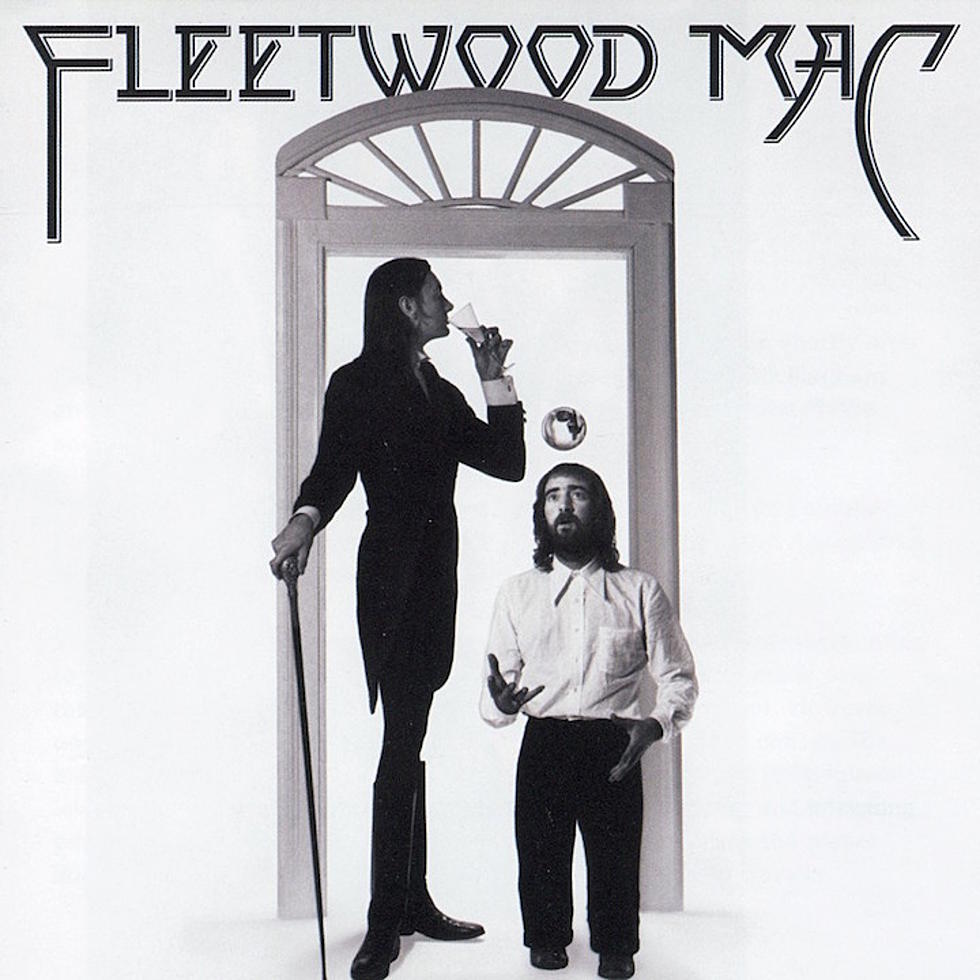
The self-titled “Fleetwood Mac” album, often referred to as the band’s second eponymous album, is a groundbreaking record that marked a new beginning for the band. The addition of Lindsey Buckingham and Stevie Nicks brought a fresh energy and new direction to the group. The album is a beautiful blend of soft rock, pop, and folk, showcasing the distinctive styles of its three main songwriters: Christine McVie, Buckingham, and Nicks.
Tracks like “Monday Morning” and “Over My Head” highlight Buckingham’s pop sensibilities and McVie’s knack for crafting catchy melodies. Meanwhile, Nicks introduces her mystical and romantic songwriting style with tracks like “Rhiannon.” The album is a showcase of Fleetwood Mac’s renewed vigor and newfound chemistry, setting the stage for their unprecedented success with “Rumours.”
Must-Listen Track: “Landslide”
2: ‘Tusk’ (1979)
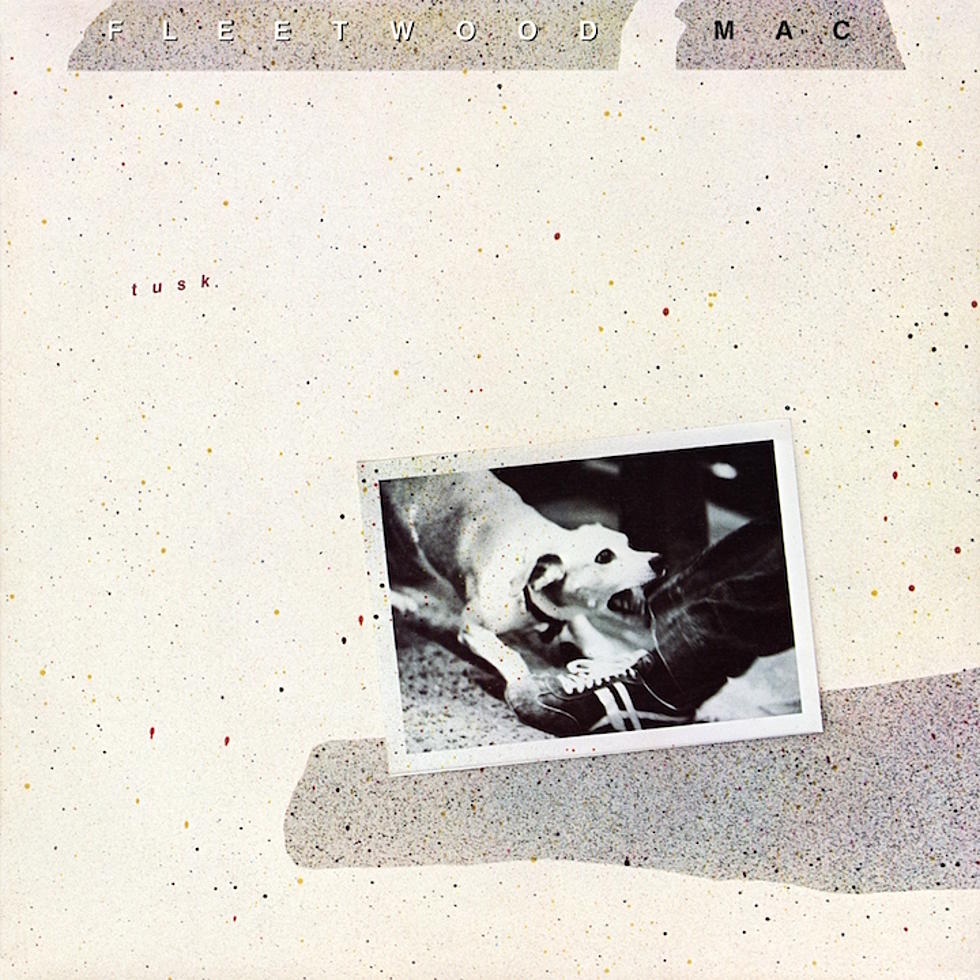
“Tusk” is Fleetwood Mac’s most audacious and experimental album. Following the overwhelming success of “Rumours,” the band took a bold leap into uncharted musical territory. The album is an eclectic mix of styles, from the punk-infused energy of the title track to the delicate beauty of “Sara.” It’s a double album that feels like a collection of solo projects woven together, showcasing the individual talents and idiosyncrasies of each member.
The making of “Tusk” was marked by creative tensions and the band’s desire to avoid repeating the formula of “Rumours.” This led to a diverse and sometimes disjointed collection of songs, but also a fascinating exploration of the band’s range and potential. “Tusk” may not have matched the commercial success of its predecessor, but it stands as a testament to Fleetwood Mac’s artistic courage and creativity.
Must-Listen Track: “Tusk”
1: ‘Rumours’ (1979)
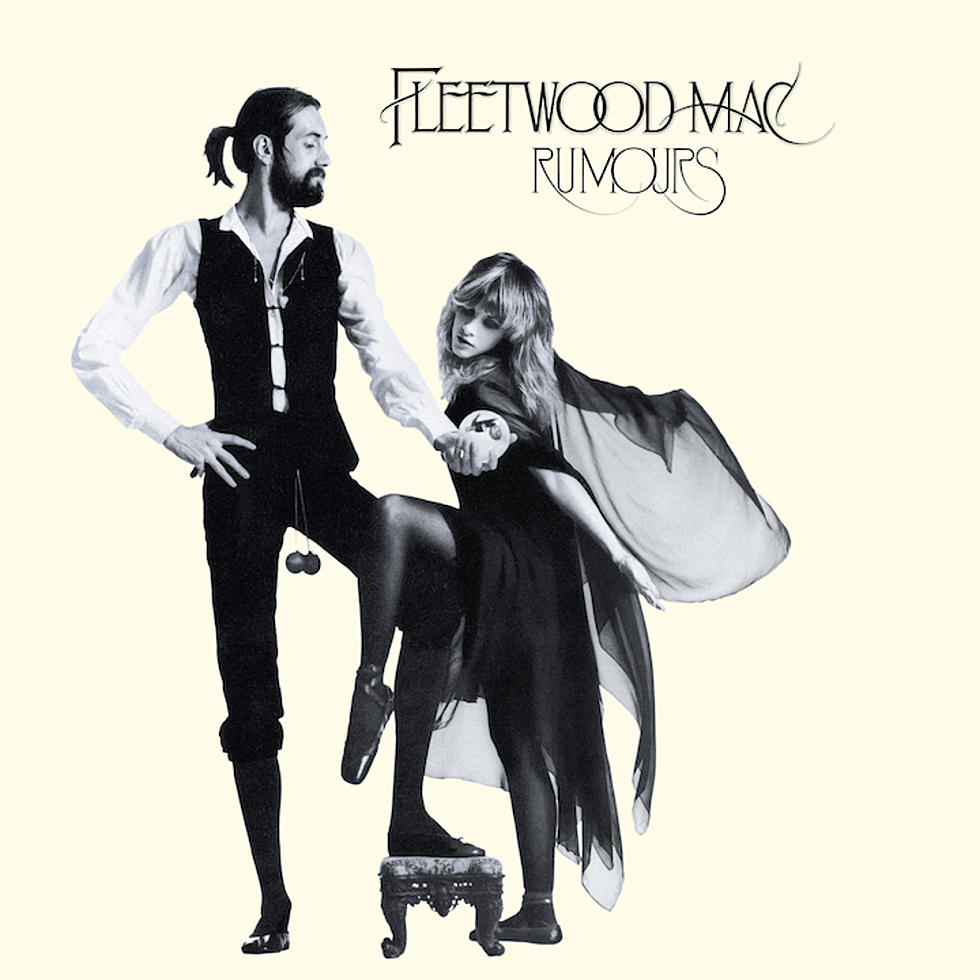
Released in 1977, at the zenith of Fleetwood Mac’s career, this album transcends the boundaries of rock, becoming a universal touchstone for anyone who’s ever felt the sting of a fractured relationship. It’s a masterclass in channeling personal chaos into creative genius.
The album is a reflection of the band members’ interwoven personal lives, with each song serving as a raw, unfiltered glimpse into their emotional state. The turmoil – breakups, divorces, and strained relationships within the band – is palpable in every note. Songs like “Dreams” and “Go Your Own Way” are not just beautifully crafted pieces of music; they are open-hearted confessions, diary entries set to melody.
The genius of “Rumours” lies not only in its lyrical honesty but also in its musical craftsmanship. The production is polished, yet never loses the raw emotional undercurrent that drives the album. The harmonies, the interplay of Lindsey Buckingham’s innovative guitar work with the rhythm section of John McVie and Mick Fleetwood, and the haunting beauty of Stevie Nicks’ and Christine McVie’s vocals, all combine to create a sound that is timeless.
Must-Listen Track: “The Chain”
Final Thoughts On Fleetwood Mac’s Best Albums
From the blues-infused roots of “Peter Green’s Fleetwood Mac” to the pop-rock pinnacle of “Rumours,” and the experimental boldness of “Tusk,” each album offers a unique insight into the band’s ever-changing dynamics and musical prowess.
Fleetwood Mac’s discography is not just a collection of songs; it’s a mosaic of emotional storytelling, innovative musicianship, and a relentless pursuit of artistic expression. These albums are more than just milestones in rock history; they are chapters in a story of a band that continually redefined itself and its music, resonating with generations of fans across the globe.
- The 25 Richest Rock Stars in the World | A Rock And Roll Rich List - February 22, 2024
- Rock And Roll Movies | 20 Films That Will Rock Your World - February 19, 2024
- The Biggest One Hit Wonders In Rock History - February 16, 2024


